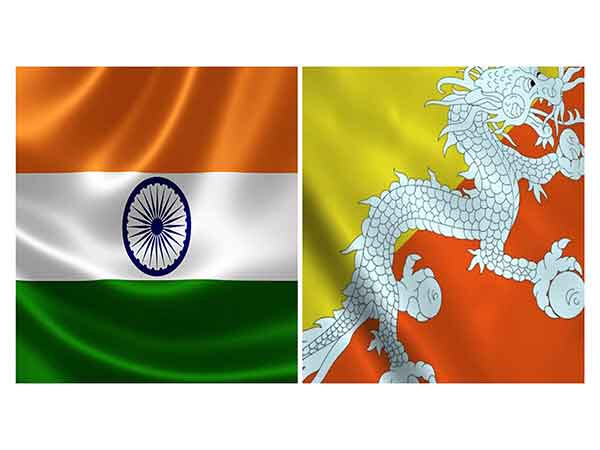
New Delhi – India and Bhutan have reaffirmed their commitment to strengthening bilateral relations, with significant progress made in border demarcation efforts. Senior officials from both nations met in New Delhi on March 6-7, 2025, to review the ongoing field work related to their shared border.
During the meeting, both sides expressed satisfaction with the work carried out by their respective survey teams and other stakeholders. They also finalized a comprehensive work plan for the next three field seasons, demonstrating their dedication to completing the border demarcation process.
Recognizing the importance of technological advancements, India and Bhutan discussed potential collaboration in technology and capacity building related to surveying and border management, aligning with the priorities of both governments.
The meeting, conducted in a cordial and friendly atmosphere, reflects the strong tradition of regular dialogues between the two countries across various sectors of bilateral cooperation.
The India-Bhutan border, stretching over 661 kilometers, traverses the Indian states of Sikkim, West Bengal, Assam, and Arunachal Pradesh. Ensuring smooth border management is crucial for both nations.
In addition to border demarcation, India and Bhutan maintain regular communication to facilitate seamless customs procedures and the movement of people. The 10 Land Customs Stations along the border, particularly those in West Bengal and Assam, play a vital role in facilitating trade and supporting Bhutan's economic growth as a landlocked country.
A significant development in enhancing people-to-people connectivity was the inauguration of a new Immigration Check Post (ICP) in Darranga, Assam, in November 2024. This ICP allows third-country nationals to enter and exit through the land border, promoting regional connectivity.
India and Bhutan share a long-standing and mutually beneficial partnership, with India supporting Bhutan's socio-economic development since its first Five-Year Plan in 1971. This cooperation, aligned with the priorities of the Bhutanese people and government, spans various sectors, including infrastructure development, digital connectivity, energy, agriculture, information and communications technology, health, education, human resource development, and urban development.
[Copyright (c) Global Economic Times. All Rights Reserved.]






























